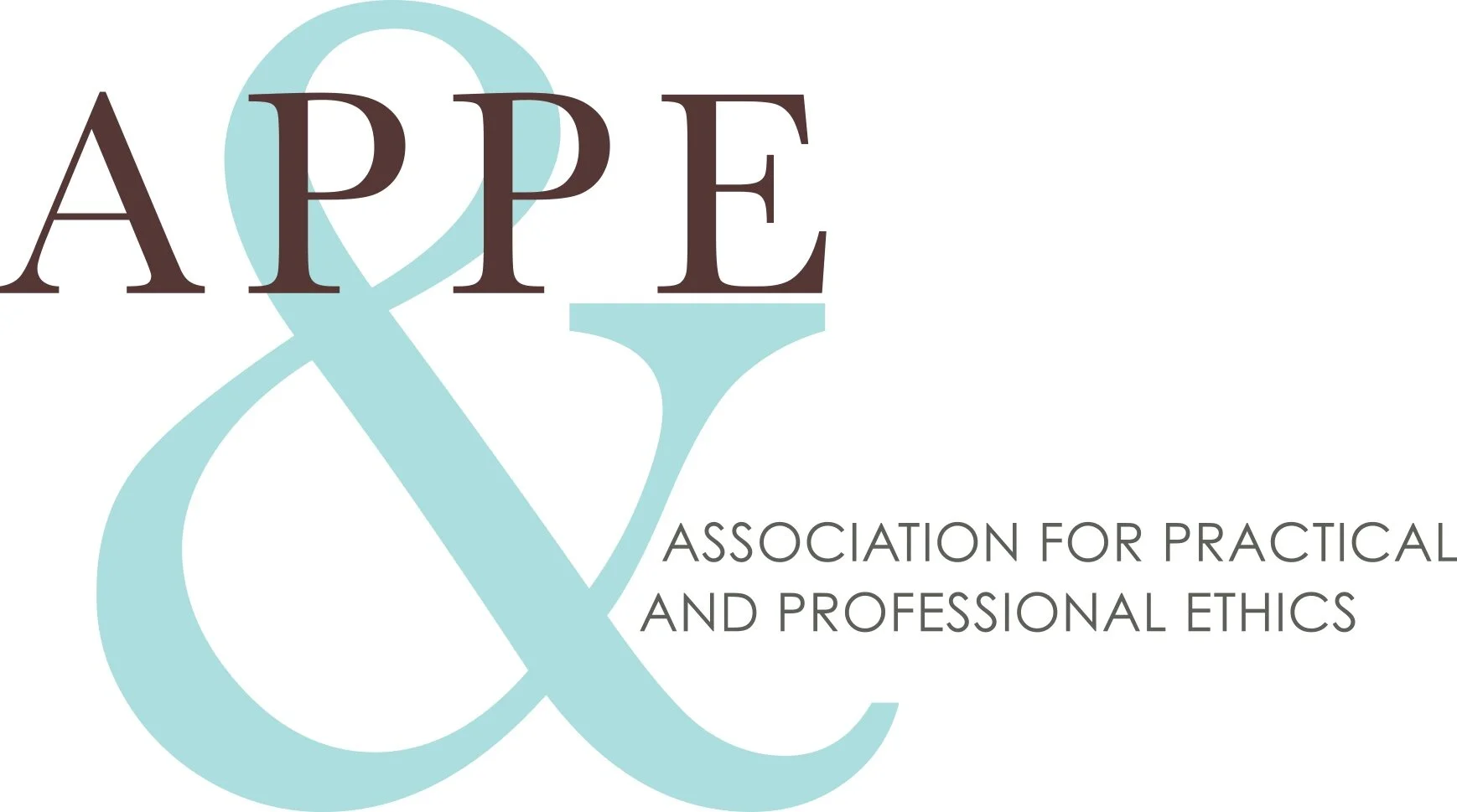Had a great time in Baltimore presenting at the Association for Practical and Professional Ethics conference. I talked about a bit of the development process, the early results, and some insights gleaned from my workshops on responsible conduct of research in the humanities. Artists, linguists, rhetoricians, philosophers, and scholars in language studies and English departments all things to say about what it means to be a responsible researcher. They also face their own unique challenges in pursuing excellence in their fields.
In early October 2019 I was part of a team that went to NSF to run a Toolbox Dialogue Initiative workshop for the Convergence Accelerator Program. This ‘train-the-trainers’ workshop aimed to help participants learn some tools to help their research teams overcome the linguistic and conceptual challenges that arise when experts from disparate fields work together.
In early August of 2019 I was part of a workshop funded by NSF and tasked with making some progress on a very difficult issue—assessing the effectiveness of ethics training. Over the course of a few days we brave souls (about 30 in total) discussed issues ranging from the goals of ethics training, the incentive structures in the academy, the limitations of measuring moral judgment, and what it means to validate an instrument in the context of ethics training. The results will be published in various forms and presented at the 2020 Association for Practical and Professional Ethics conference in Atlanta, Georgia.
In June 2019 I had the opportunity to present some findings and insights gleaned from my work on responsible conduct of research (RCR) training for the humanities. I talked about how doing this work in the humanities is both quite different from and similar to RCR training in the sciences. The humanities are not often included in the RCR discussion, but they are researchers and scholars just like other fields. I also talked a bit about the role of interdisciplinarity in RCR training, and how a variety of research ethics issues factor into responsible research. All of this was framed by a move away from a reliance on rules and punishments and toward a model that emphasizes excellence in research and what it takes to get there.



